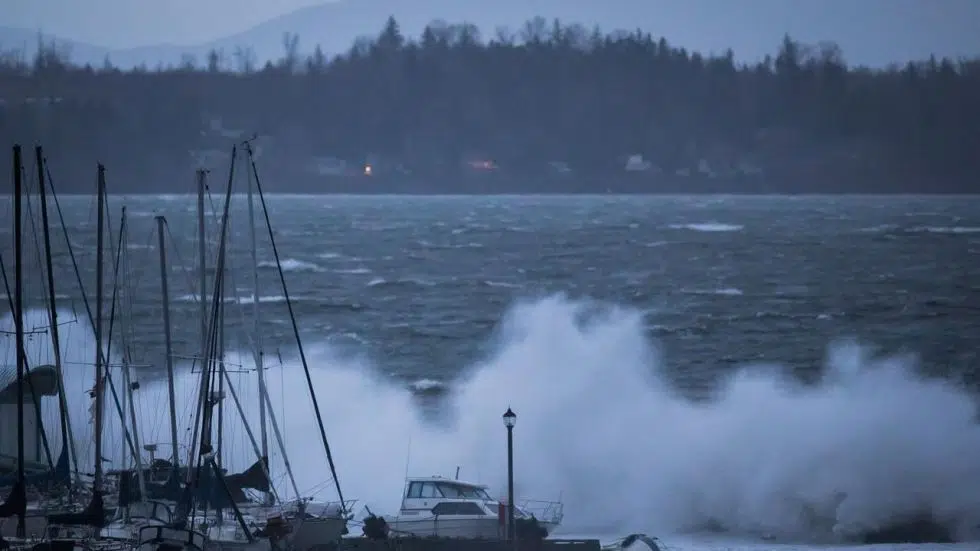
Hydro crews work around the clock to restore power to British Columbians
When the power went out in the small community of Lake Cowichan, B.C., during a destructive windstorm that swept the province’s coast on Thursday, many residents weren’t prepared for it to stay out indefinitely.
Mayor Rod Peters says he spent Saturday “running around” town and preparing to open the local school so his constituents could shower or warm up with a hot cup of coffee, tea or cocoa.
“We have several broken power lines in between Duncan and Lake Cowichan,” Peters said in an interview. “It’s a major job.”
While many Lake Cowichan residents have backup generators, Peters said others have been left completely in the dark.


